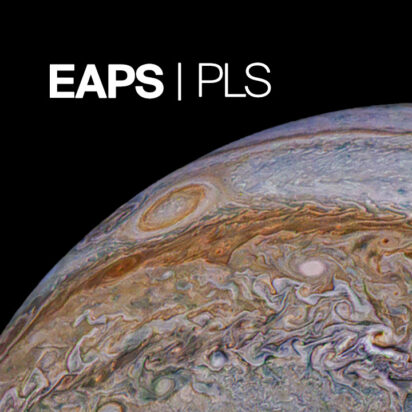
[PLS] Roberto Tejada Arevalo (Princeton)
Date: Tuesday, October 21, 2025 Time: 12:30 - 1:30pm Location: 54-517 | MIT Campus, Cambridge, MA, 02139“The Evolution of Gas Giant Planets”
Over the past decade, the Juno and Cassini spacecraft have revealed the existence of inhomogeneous interior structures in Jupiter and Saturn. Similarly, measurements of Uranus’s gravitational field have been more consistent with an inhomogeneous interior for many decades. More recently, formation models of the gas giants suggest that these planets may not have started fully convective, as past interior structure models assumed. Inhomogeneous evolution is required to explain the lower-order gravitational field, helium abundances, effective temperatures, and radii of Jupiter and Saturn via fuzzy cores and helium rain. Our Saturn evolution models align with the recent Kronoseismology results from Cassini.
Similarly, inhomogeneous interior evolution is required to explain the gravitational harmonics, radius, atmospheric abundances, and the long-standing luminosity dichotomy of Uranus and Neptune. Provided that all of our Solar System gas giants likely harbor extended regions that are stable to convection, this has implications for how we model giant exoplanet evolution generally. Throughout this work, I present new evolution models of the Solar System gas giants, guided by formation models and their gravitational harmonic measurements. I will also present new evolutionary models of gas giant exoplanets with fuzzy cores to interpret new observations in the era of JWST and beyond.
Planetary Lunch Seminar —
Colloquia topics span the range of research interests of the department’s planetary sciences research program, and the talks are intended to appeal to any graduate students, postdocs, research scientists, and faculty with a background in planetary science. Speakers include members of the MIT community and visitors.
Contact: planetary-org@mit.edu
